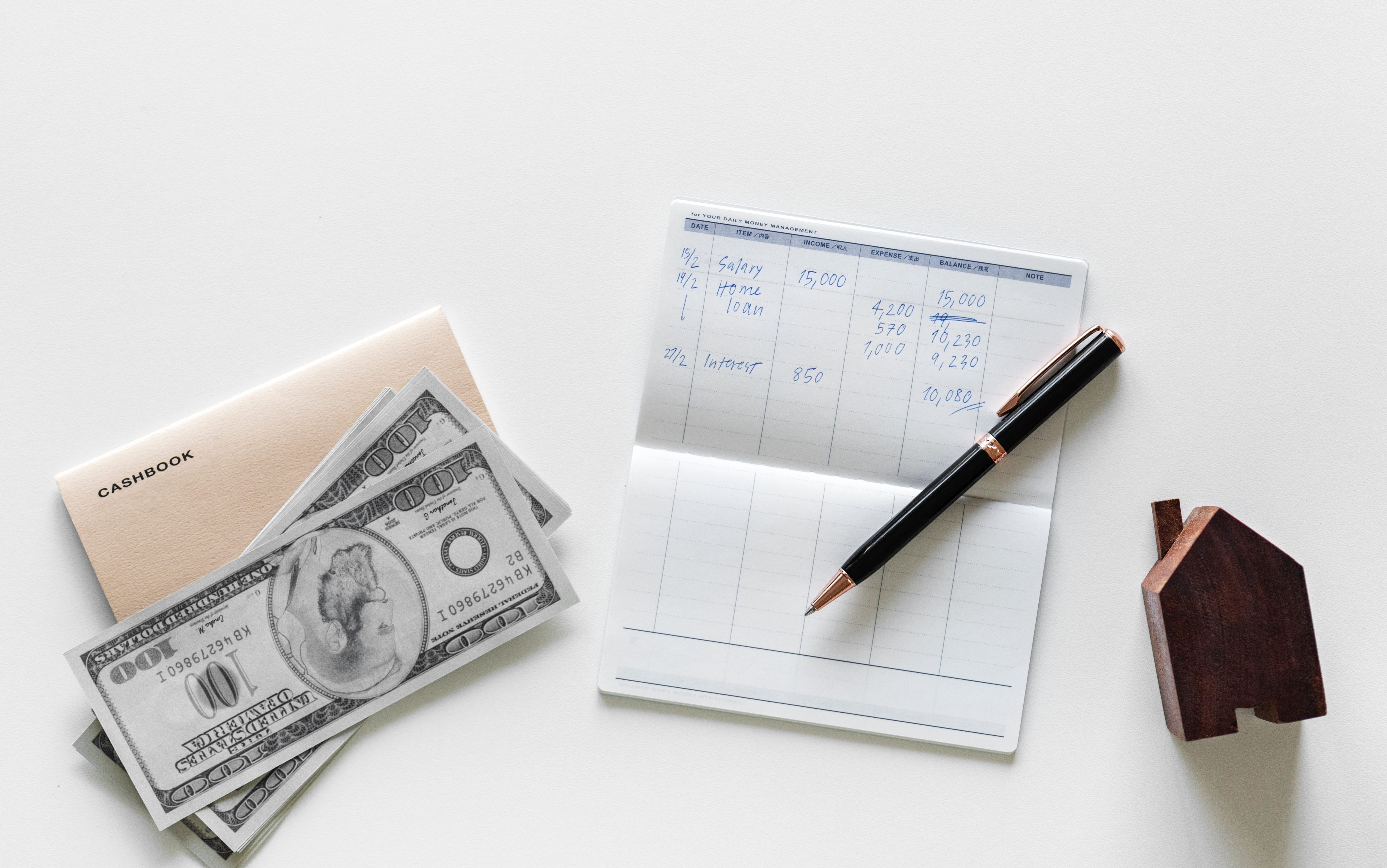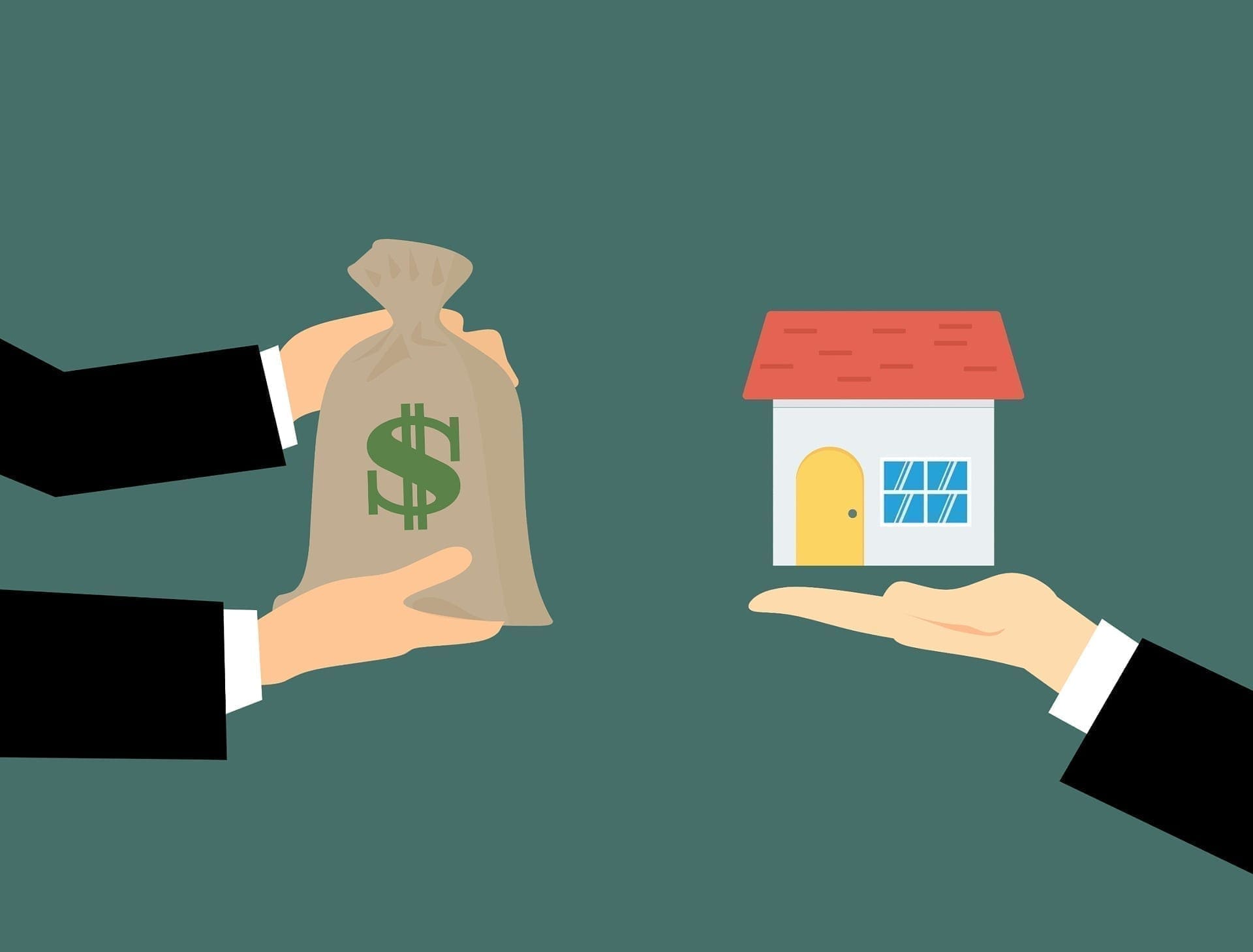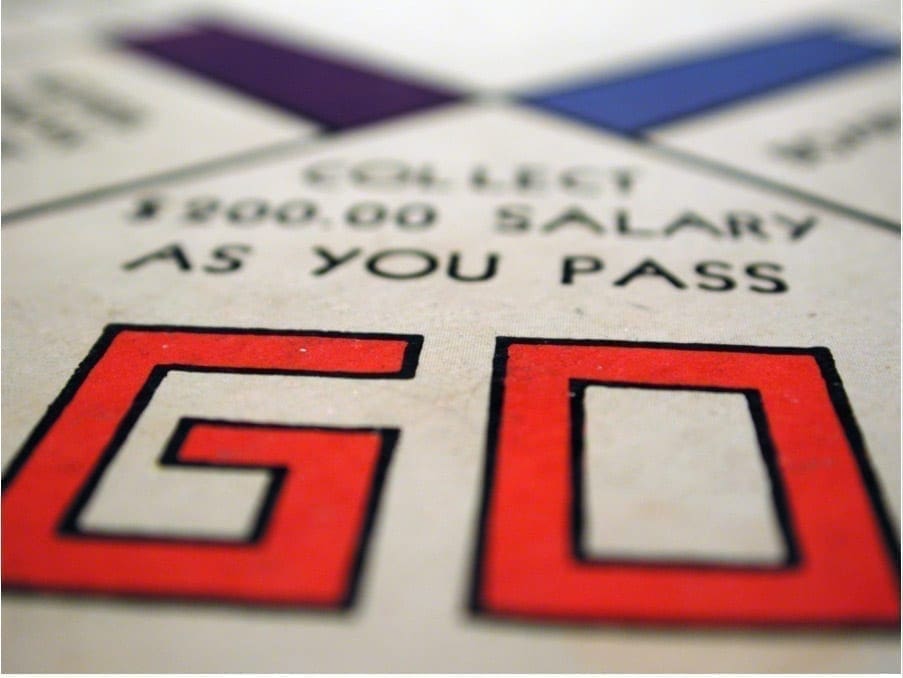This question arises every time the market changes, and it’s one usually driven by emotion. Everyone investing in real estate wants to buy when the market is low and sell when it’s high. But when emotion drives decisions, results can be costly.
Real estate investing + emotion = mistakes
Here’s a personal case study. My dad is a great guy. I’ve learned many things from him and even partnered with him on several rental investments. Until he made a critical error…
Starting in 2005, we bought eight houses. Our strategy was based on a 5-10 year plan. That meant our purchase price wasn’t as important as our plan: get the houses paid down over the term and sell. Simple plan, I thought.
But in 2008, the market plummeted as the global economy fell apart. The price of oil dropped. The supply of houses on the market increased, housing prices dropped – as did rents. All this made it hard to even think about selling. We had to hang onto the properties, and extend our time period so we could recoup the price drop.
None of this threw me off the plan. We were buying for a 5-10 year plan so we had time to wait it out until prices rebounded. Besides, these were to be houses for rent. Dad felt differently. In the 1980’s, he experienced high interest rates, up to 15%. He had been through many more market downturns than me. Plus we were at different life stages. I could take more risks since I had more time to recover from them, but Dad was slowing down so had less risk tolerance. He felt pressured to get out of the market; the thought of losing money and collateral far outweighed our long-term plan. Dad let emotions interfere with our goal.
We terminated our partnership and I bought him out for the market value of the houses in our portfolio. Since the market had dropped, so had the house’s’ values and I bought his share for less than he paid. I still own these rental investments today and they have always cash-flowed, plus they have regained their value and are now worth more today than when we bought them. I have bought down these eight houses over 40%.
Many people think like Dad did, when he let fear and pressure affect his decisions and actions. That’s a mistake in the world of real estate investing.
Real estate investing isn’t a get-rich-quick play.
Investing in real estate is a long-term game, with ups and downs, headaches and rewards. Landlords and owners have their tenants pay down their house over 25 or so years – there’s no better return on investment than this arrangement.
The market continues to drop. Oil is at its lowest in more than a decade. Is this the time to buy real estate? The simple answer is yes. If you wait for “the bottom” you might miss the opportunity, because it’s impossible to know the bottom or the top of any market.
Three keys to buying in any market:
- Buy on a strong cash flow of $500 or more per month. Base your rents from the lowest rents in the area in the past 5 years, not the current rents now.
- Buy for mortgage buy down. Tenants will pay down your mortgage over the next 25 years.
- Consider house appreciation. This is an unknown so don’t prioritize it; we have no control over the value of a house and its fluctuations. If value appreciates, that’s great news. If it doesn’t then the great news is that you have cash-flow and are getting your mortgage paid down.
Take emotion out of the real estate investing equation. Do the math, your due diligence and have a solid long-term plan.
Are you serious about making a solid plan to build your real estate portfolio? Then let me help you get started. Contact me through this site and ask for Jared.







